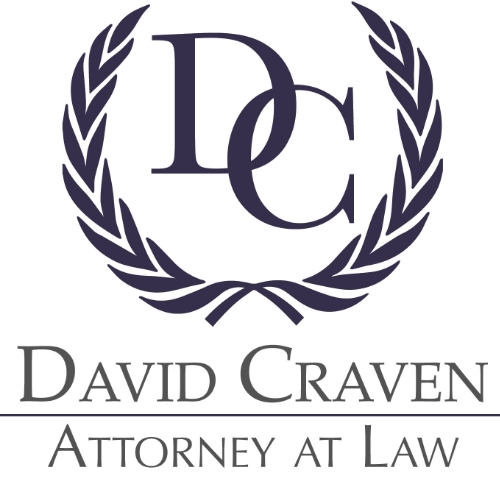This is the last post on my series dedicated to my new and soon to be parents out there. This one focuses on two 'legal things' you need to be aware of once you are back at work. There are laws in place to protect mothers and fathers. It’s important you understand your rights so you are aware if you are being unfairly treated or not properly accommodated.
DISCRIMINATION AND UNFAIR PRATICES AT WORK
As a parent returning to work, there are lots of things you will worry about. One thing you shouldn’t have to worry about is discrimination or unfair practices in your work place. There are laws in place to protect you from unfair discrimination. Below are some examples of items that would be considered discrimination based on family responsibilities:
-Firing or demoting employees when they become pregnant;
-Passing over highly qualified mothers for hire or promotion in favor of less qualified fathers or women without children;
-Firing employees without valid business reasons when they return from maternity or paternity leave;
-Denying flexibility to employees who want it for child care reasons, while allowing flexibility to employees for non-family reasons (e.g., to participate on a sports team);
-Firing employees whose spouses or elderly parents become disabled for fear of increased absenteeism or higher health insurance premiums;
-Fabricating work infractions or performance deficiencies to justify dismissal of employees with family responsibilities.
RIGHTS TO NURSE AT WORK
As a mother returning to work, there are also laws that protect your right to express breast milk while at work. You should be sure that proper accommodations are made for you. It’s often the smaller companies who have a hard time implementing these basic standards as often there may only be one or two nursing mothers working there.
The federal laws indicate that at a minimum:
-Employers are to provide reasonable break time for an employee to express breast milk for her nursing child for one year after the child's birth each time such employee has need to express the milk (Section 7 of the Federal Labor Standards Act)
-Employers are also required to provide a place, other than a bathroom, that is shielded from view and free from intrusion from coworkers and the public, which may be used by an employee to express breast milk
- That the frequency of breaks needed to express milk as well as the duration of each break will likely vary.
-That a bathroom, even if private, is not a permissible location under the Act. The location provided must be functional as a space for expressing breast milk. If the space is not dedicated to the nursing mother’s use, it must be available when needed in order to meet the statutory requirement. A space temporarily created or converted into a space for expressing milk or made available when needed by the nursing mother is sufficient, provided that the space is shielded from view, and free from any intrusion from co-workers and the public.
-Employers are not required under the FLSA to compensate nursing mothers for breaks taken for the purpose of expressing milk. However, where employers already provide compensated breaks, an employee who uses that break time to express milk must be compensated in the same way that other employees are compensated for break time
As a nursing mother you may want to carry the below card with you. It summarizes your nursing rights : https://www.dol.gov/…/FLSAEmplo…/BreaktimeNursingMothers.pdf
As always, state laws are different depending on the state, below is what RI and some of our neighboring state require. I included CA as they seem to be one of the most progressive states on this matter.
Rhode Island - Employers are required to make reasonable efforts to provide a private, secure and sanitary place close to an employee's work area, other than a toilet stall, where an employee can express milk or breastfeed. This applies to all employers.
Massachusetts - No specific law at the state level. They just refer to federal law.
Connecticut - An employee has the right to express milk or breastfeed during her meal or break time. It is illegal to discriminate against or discipline an employee for exercising this right. The employer must make reasonable efforts to provide employees with a private space close to their work area, other than a toilet stall or bathroom, to express breast milk, unless doing so would impose significant difficulty or expense on the employer.
California - An employer must provide reasonable unpaid break time to a woman to express breast milk, unless doing so would seriously disrupt the employer's business. If possible, the break time must occur during the employee's ordinary break time. The employer must make a reasonable effort to provide the mother with a private space close to her work area, other than a bathroom, to express breast milk……strong law protecting mothers
******
If you believe you have been victim to discrimination at your work place based on family responsibilities or have not been provided the accommodations to express breast milk at work, you should contact your internal HR representative. If you don’t get anywhere internally, you should seek help from a legal professional. The reason these laws exist is to protect you.
I’ll be changing gears on my next posts, but if you have any questions regarding preparing for your new child, once your child arrives or back at work dynamics, don’t hesitate to reach out.




